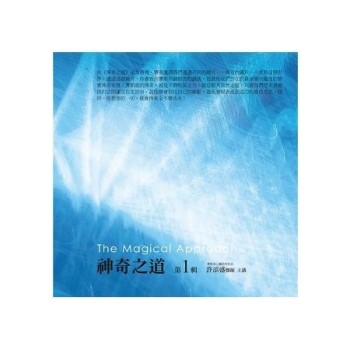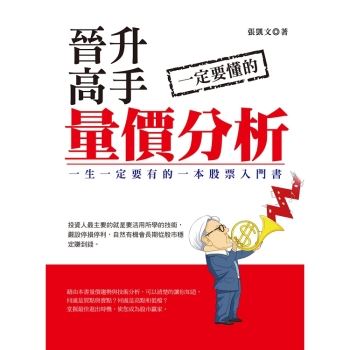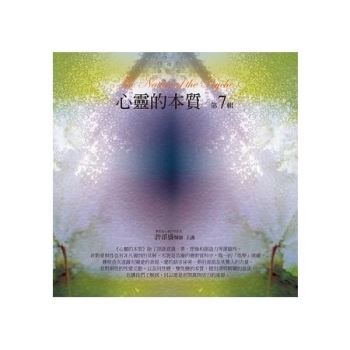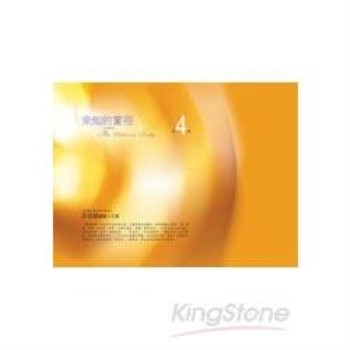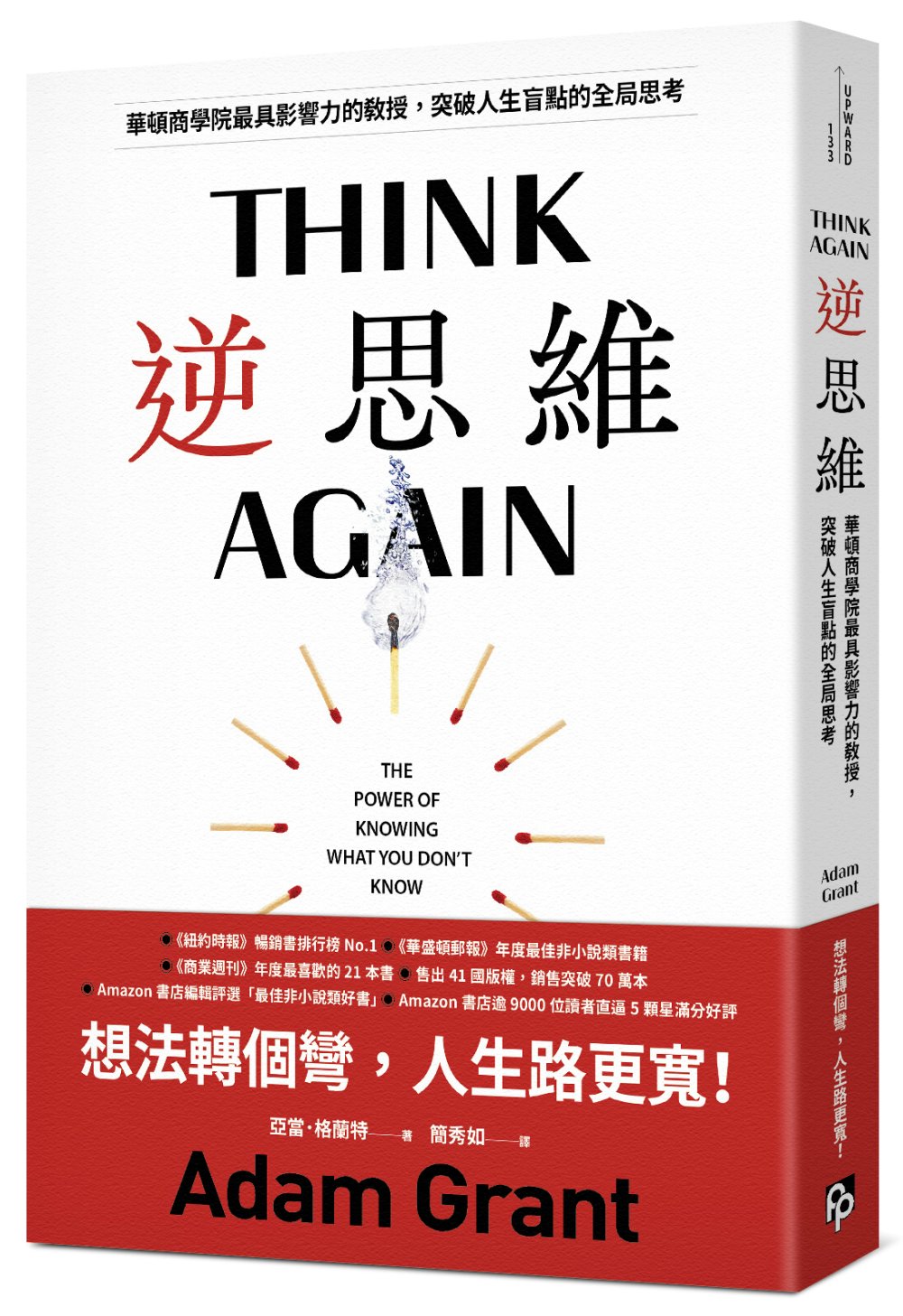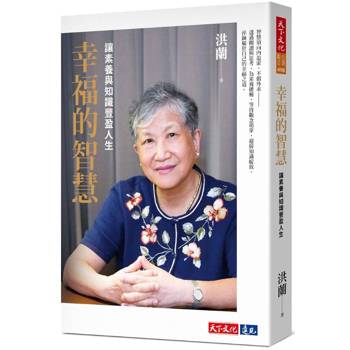How laws are created, shaped, and applied is a significant but often overlooked component of studies on armed conflict. Almost every contentious legal question involves aspects of law-making and shaping, be it the determination of a rule’s scope of application, whether and how to regulate a "new" situation, or determining which sources and materials to take into account. As such, all who operate in this space - whether academic, practitioner, policy-maker, or legal advisor - must appreciate and understand the forces, factors, and actors which converge to make and shape the ever-developing law of armed conflict.
This volume brings together several key contributors to explore this making and shaping in depth. A variety of aspects of law-making and shaping are analyzed, from the methodology behind identifying principles and rules of law, to what weight should be given to the views of particular actors, to the various forums where the law is made and shaped. It examines foundational materials of the law of armed conflict including the 1949 Geneva Conventions and considers the influence of a wide scope of actors, ranging from States, the International Committee of the Red Cross, and international courts and tribunals through to expert groups, commissions of inquiry, and non-state armed groups. This volume also asks us to broaden our gaze beyond spaces where the law is traditionally created to uncover different types of making and unmaking| FindBook |
有 1 項符合
Making and Shaping the Law of Armed Conflict的圖書 |
 |
Making and Shaping the Law of Armed Conflict 作者:Sivakumaran 出版社:Oxford University Press, USA 出版日期:2024-06-07 語言:英文 規格:精裝 / 376頁 / 普通級/ 初版 |
| 圖書館借閱 |
| 國家圖書館 | 全國圖書書目資訊網 | 國立公共資訊圖書館 | 電子書服務平台 | MetaCat 跨館整合查詢 |
| 臺北市立圖書館 | 新北市立圖書館 | 基隆市公共圖書館 | 桃園市立圖書館 | 新竹縣公共圖書館 |
| 苗栗縣立圖書館 | 臺中市立圖書館 | 彰化縣公共圖書館 | 南投縣文化局 | 雲林縣公共圖書館 |
| 嘉義縣圖書館 | 臺南市立圖書館 | 高雄市立圖書館 | 屏東縣公共圖書館 | 宜蘭縣公共圖書館 |
| 花蓮縣文化局 | 臺東縣文化處 |
|
|
圖書介紹 - 資料來源:博客來 評分:
圖書名稱:Making and Shaping the Law of Armed Conflict
內容簡介
作者簡介
Sandesh Sivakumaran is Professor of International Law at the University of Cambridge, Deputy Director of the Lauterpacht Centre for International Law, and Fellow of St Edmund’s College, Cambridge. He was the 2022 Lieber Scholar at the Lieber Institute for Law and Warfare, United States Military Academy (West Point). He is the author of numerous works, including The Law of Non-International Armed Conflict (2012).
Captain Christian R. Burne is an Assistant Professor of Law in the Department of Law at the United States Military Academy, West Point, New York. He teaches Constitutional and Military Law. Previously, he served as a Trial Counsel and Operational Law Attorney with XVIII Airborne Corps at Fort Bragg (now Fort Liberty), North Carolina. He earned a B.S. from the University of Scranton and a J.D. from the Pennsylvania State University Dickinson School of Law.
|
